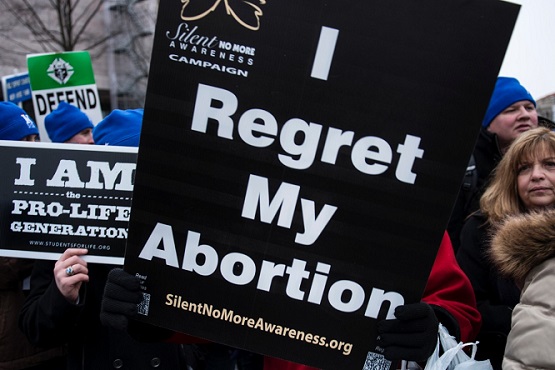A New Zealand nurse who aborted her unborn son because of a genetic disorder admitted that she still struggles with regret more than 12 years later.
In a new column for Stuff Nation, Kylie Gunn explained that her unborn son was missing the 22nd chromosome, had major heart defects and was given less than two years to live. Doctors told her that he would never walk, and he had brain damage. Because of his diagnoses, Gunn chose to have a late-term abortion in 2004.
“As a practice nurse with a commitment to supporting human life in its varying forms, I struggle to reconcile my mind to taking the life of an unborn baby,” Gunn wrote.
Gunn did not give many details about her abortion, but it appears that doctors induced labor when she was 24-weeks pregnant and had her give birth to her son alive; then, they allowed him to die outside the womb without any medical care.
She wrote:
Rather than bring him to term and allow invasive procedures to take over his short lifespan – a life that would have limited contact with me and those who loved him, and a life incapable of ever knowing that love, I chose to abort his life.
One surgeon said he would support us keeping our baby, but that the heart surgeries would be only for their education, without much hope of ever allowing Travis to breath alone.
The ‘other-worldly’ sensation I waited in for three weeks, trying to comprehend the advice from the doctors and my pastor, led me to lean on the Abortion Law NZ.
Travis was born at 24 weeks. I did not know what it was to keen (a loud wailing, a lament for the dead) until the moment he came out still in his sack, and I held him and said goodbye. I will never forget.
CLICK LIKE IF YOU’RE PRO-LIFE!
By 24 weeks, babies are viable outside the womb as long as they receive proper medical care. Recent studies suggest that unborn babies are viable outside the womb even earlier. If Gunn’s son had received medical care, there is a possibility that he could have lived.
It is difficult to determine from Gunn’s column whether she still supports abortion despite the regrets she feels more than 12 years later.
“We live in a difficult world. We are forced to make decisions through the increase of technology that would not have been necessary without it,” she wrote.
At another point, she wrote, “The bubble rising from the ocean of discussion since our encounter with abortion is that there is something worse than killing the body – it is the killing of the soul.”
But she concluded with these words: “And for my Travis. You would be 12 years old next Wednesday. I have loved you so much.”
Feelings of regret and trauma are common among women who have had abortions. Many realize too late that they believed a lie and that they destroyed the life of an irreplaceable human being.
For many women, their abortions lead to even more problems. Numerous studies have linked abortions to higher risks of mental health problems. In an article for LifeNews, researcher Pricilla Coleman, Ph.D., pointed to 30 studies in five years that showed increased risks of depression, substance abuse, suicidal thoughts and anxiety disorders among women who had abortions.








